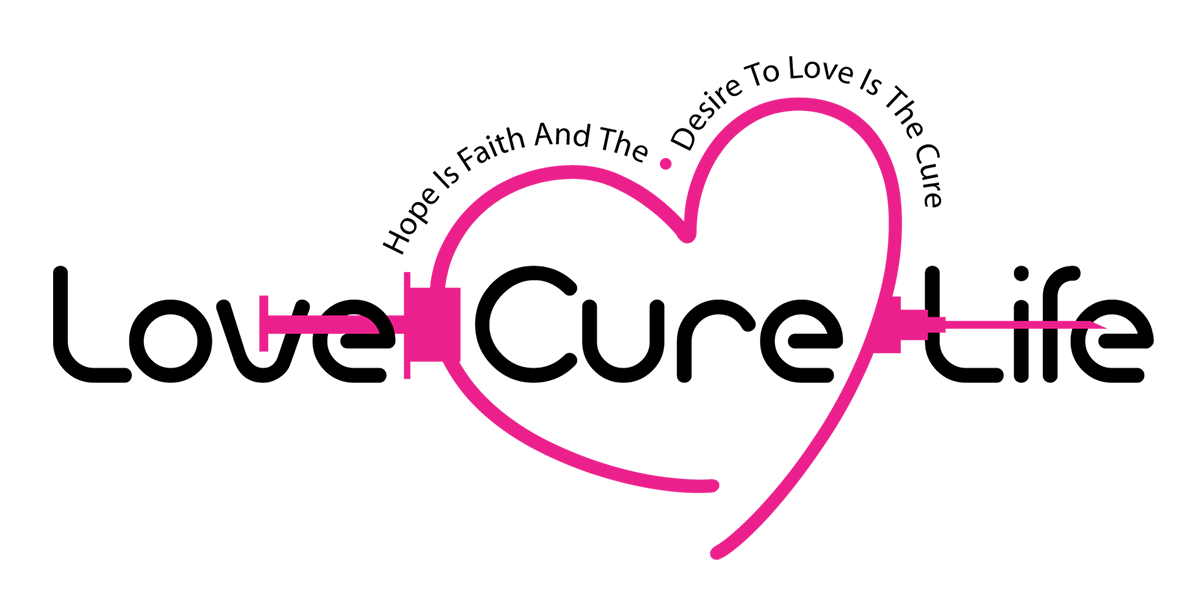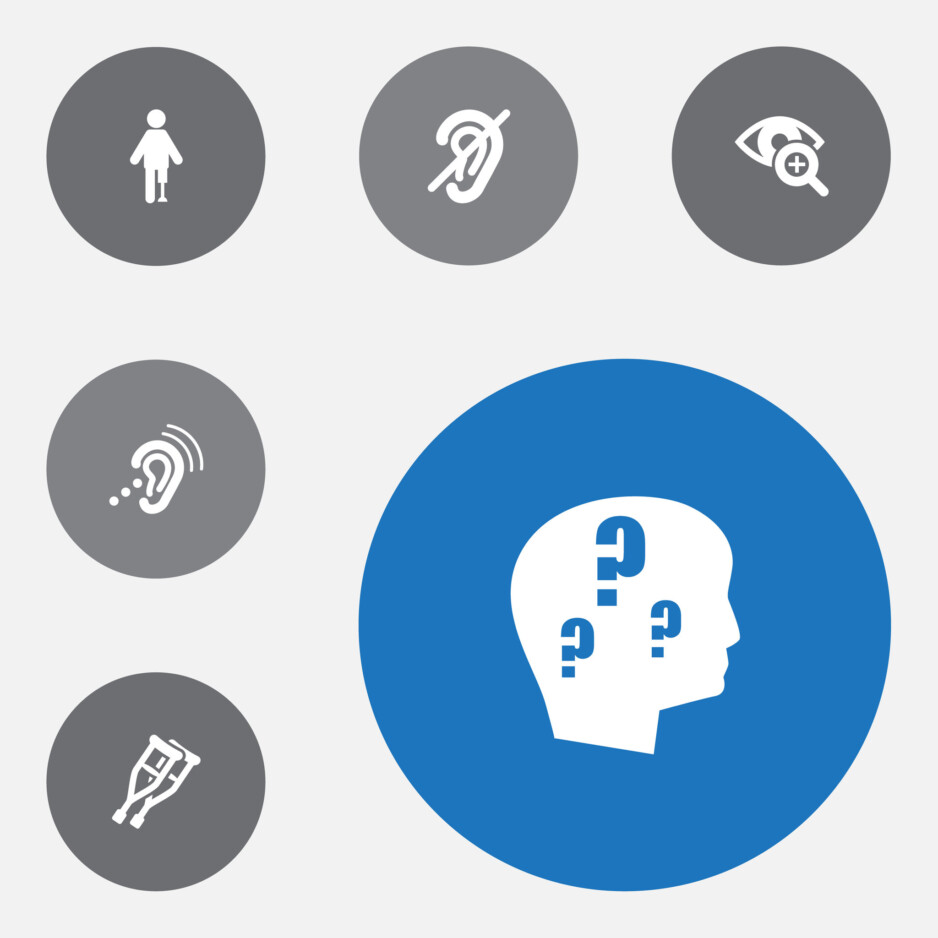It’s not that we as people with disabilities are more aware of the world than the average person. We aren’t better equipped to orchestrate interesting discourses. When we are asked to talk about our disability, it feels like we are being judged or scrutinized. It may feel like we are being put on the spot, and it may feel like the question is unfair or unnecessary. The truth is that answering these questions is an essential part of being a human in this society; it’s just a matter of what you decide to answer, and how far you go in giving your own narrative about why you did what you did.
What Are Some of the Challenges People with Disabilities Face When Being Asked Questions About Their Disability?
The question is, why do people ask you questions about your disability? Is it because they have a genuine interest in finding out more about what makes someone with a disability tick? What are some of the challenges people with disabilities face when being asked questions about their disability? Let’s take a look:
The first reason that people ask questions about your disability is likely that they simply want to learn more. They want to understand your perspective and are curious what life experience has shaped you into who you are.
The second reason that people ask questions about your disability is likely because, for whatever reason, they are curious about people with disabilities and want to be able to understand them better. They may also be interested in discovering if there are any similarities between them and others, or how they cope differently from others.
Thirdly, some people may be genuinely interested in learning more or maybe they have just got so used to asking questions of everyone with a disability that they feel this is something personal and should not be shared.
Fourthly, there may be other reasons as well. Perhaps you have been asked these questions before and now feel comfortable talking about it again. Maybe you were uncomfortable at first but now find yourself enjoying the process. Maybe the person asking the question was doing so for the same reasons but now feels comfortable asking you again because he/she feels like he/she can trust you knowing that you don’t mind answering their concerns after all these years.
Fifthly, there may also be other reasons as well such as wanting to get an idea of what makes someone with a disability tick or wanting to gain some insight into how other people deal with day-to-day situations on a day-to-day basis. In any case, these are valid reasons for wanting to know more about your disability that could help others find solutions to problems or work around disabilities themselves. And if it sounds like an opportunity you would like to pursue then let us know by contacting us!
What Are Some Ways People with Disabilities Can Prepare for These Situations?
People with disabilities may be asked to talk about their disability. They are often put on the spot and asked to answer questions that they may not be prepared for. This can be a difficult situation for people with disabilities because they may feel like they are being judged or scrutinized.
Conclusion
This is a question that I have been asked more than once. In my opinion, the answer to this question varies depending on your own situation and how you want to respond. I will provide my thoughts on this topic in the end of this article.
So let’s get started…
Before we get started with my answer, here are some questions that may appear at different places:
1. Will my disability prevent me from doing something in life?
2. I don’t know what disability I have, so can someone help me?3. Do people feel like they can be judged for being disabled?
Here are some common questions that may come up:
4. What will happen if I cannot work as a result of my disability? (will I be unemployed?)
5. What does it feel like when you are unable to do something as a result of your disability? (what are your feelings?)

